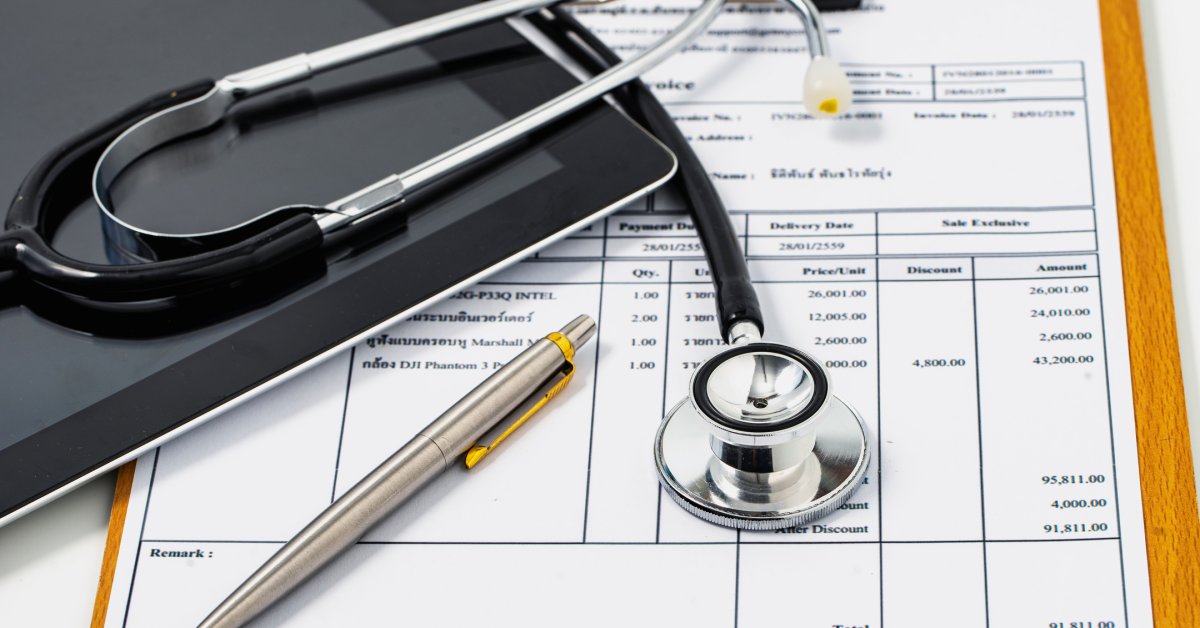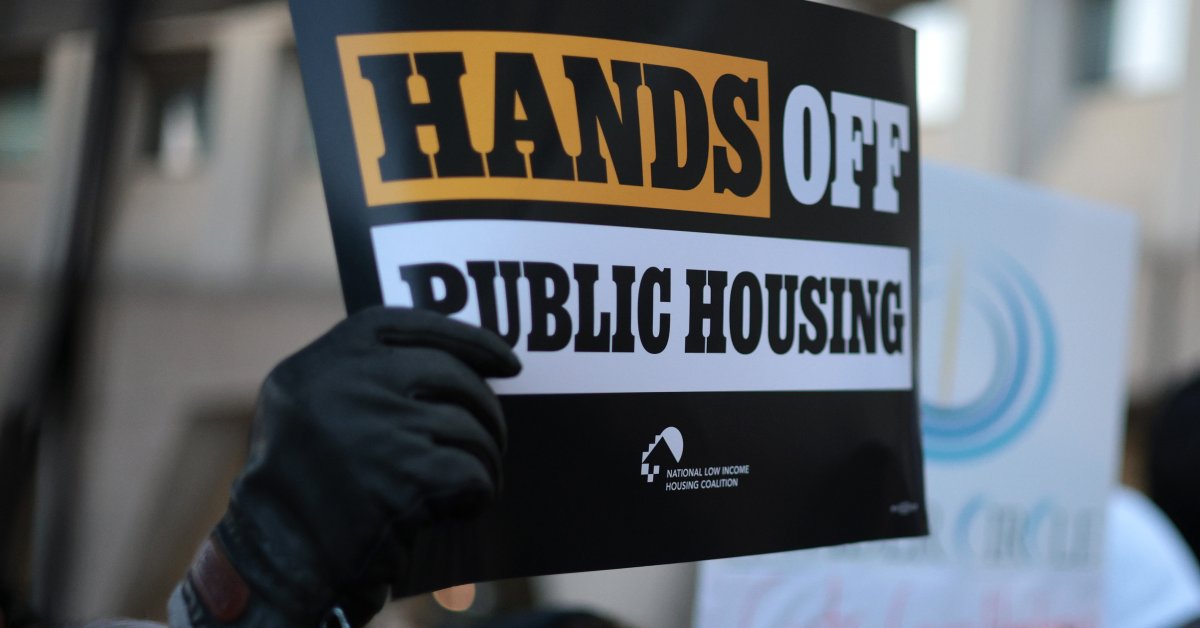For the millions of Americans struggling to pay off the costs of expensive medical procedures, the looming debt is accompanied by another threat: that the unpaid medical bills could drag down their credit scores, making it harder to get a credit card or buy a home or car. And now a rule that would have addressed that issue will no longer be going into effect.
In the final days of President Joe Biden’s term, the Consumer Financial Protection Bureau (CFPB) issued a rule that would have removed medical debt from credit reports. The goal was to “reduce the burden of medical debt and ensure that patients are not denied access to credit for home mortgages, car loans, or small business loans due to unpaid medical bills,” according to the White House press release at the time. But under the Trump Administration, the CFPB flipped its stance on the rule, which had not yet gone into effect. And on Friday, a federal judge, who was appointed by President Donald Trump, vacated the rule, stating that it exceeded the CFPB’s authority under the Fair Credit Reporting Act.
Roughly $88 billion of unpaid medical bills are in collections across the U.S., according to the CFPB, which estimates that the issue affects about one in five Americans.
JoAnn Volk, a research professor and co-director of the Center on Health Insurance Reforms at Georgetown University, says the judge’s ruling “eliminates an important protection for families who are going to be shut out of credit because of this medical debt that they could not avoid.”
How medical debt impacts credit
CFPB research has indicated that medical debt on credit reports is “a poor predictor” of whether a person will repay a loan, but still “contributes to thousands of denied applications on mortgages that consumers would be able to repay,” the agency said at the time the Biden-era rule was finalized.
“We know from prior studies that medical debt does not have meaningful predictive power for people’s credit worthiness. Part of the reason is that medical debt, more than any other form of debt, is the result of bad luck, not bad financial behavior,” says Neale Mahoney, an economics professor at Stanford University and director of the Stanford Institute for Economic Policy Research. “Nobody plans to go to the hospital or have a kid slip and fall and need to be rushed to the ER and have to pay those medical bills; that is just bad luck.”
The Biden-era rule would have led to the approval of about 22,000 additional, affordable mortgages annually, and the credit scores of people with medical debt on their credit reports would increase by an average of 20 points, the CFPB estimated. Mahoney says vacating it will reduce credit access for people struggling with medical debt.
There are some steps that can be taken to mitigate that impact—though they’re limited.
Financial assistance options
Mahoney advises people who find themselves faced with burdensome medical bills to first take advantage of their hospital’s or physician’s financial assistance program. Many hospitals have such programs, which are often listed on the back of the bill, that can reduce or sometimes even eliminate the cost depending on a patient’s income or assets.
“It can be a slog to work through the process, but for many people, addressing the issue with the hospital is better than letting that issue fester and then become a medical debt with a debt collector,” Mahoney says. There are some organizations, like Dollar For, that help patients navigate these financial assistance programs.
The CFPB offers some general tips for people dealing with medical debt, such as confirming the unpaid bill with the appropriate source, contacting their insurer if they believe the service should have been covered, and disputing any errors in the bill or credit report.
Debt payment plans
If a person’s debt has been sold to a debt collector and they’re concerned about its potential impact on their credit score, Mahoney recommends that they try and negotiate a payment plan with the debt collection company.
Sometimes, a debt collector may be open to receiving a payment that is more within reach for the patient and, in turn, removing that debt from the credit report, he says.








